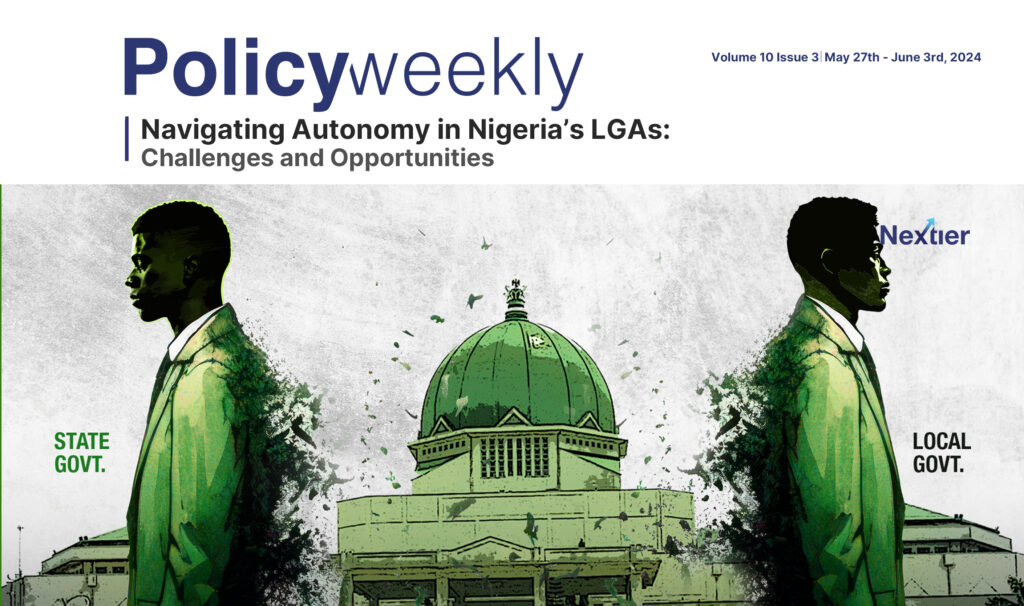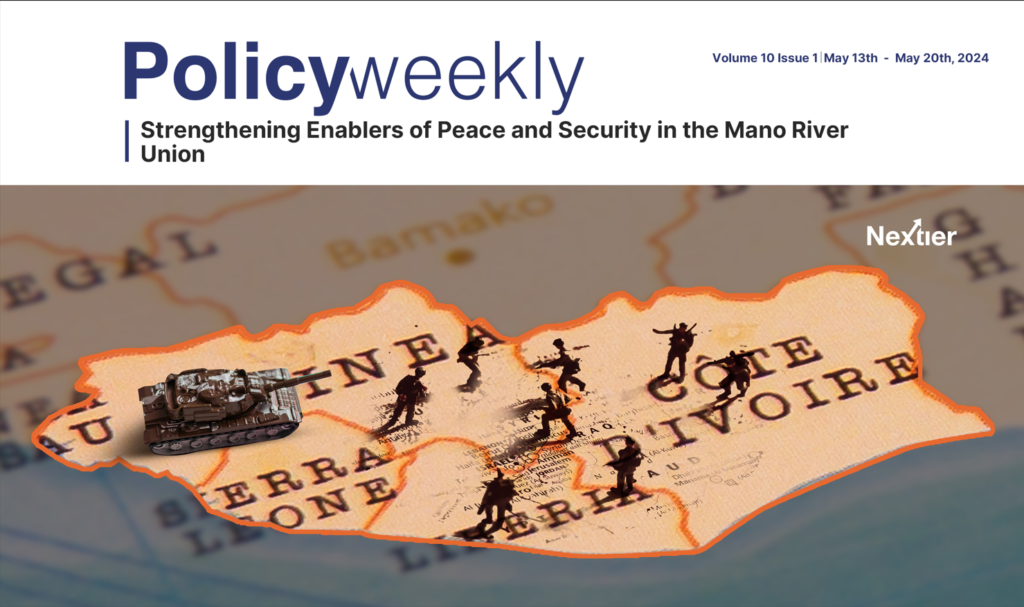As the 2023 presidential election draws close, there is an unusual upswing of interest among several Nigerians, especially the youth, in the electoral process. In this connection, the continuous voter registration is experiencing a surge that had never been the case since the restoration of elective rule in 1999. Between June 2021 and June 2022, 6.8 million voters were registered. The youth constitutes 69.7 per cent of this number. Besides, there is a major rise in online campaigns to stimulate voter registration, obtain a permanent voter’s card (PVC), and participate in the 2023 ballots. This new drive to obtain voter’s cards may be accounted for by one or some combination of the following reasons a) massive disenchantment with the quality of political rule and the character of the dominant political platforms for electing leaders; b) disenchantment with the track records of some candidates and excitement about some promising new contestants; c) the potential of the new electoral law to support transparent elections because it allows direct online transmission of votes to the central portal of the election management body. Electronic transmission of results is believed to be a major innovation toward electoral integrity because it would be an important check against concocted results outside the polling units. Therefore, people who feared their votes would not count now see a promise of reduced election rigging.
In this edition of Nextier SPD Policy Weekly, we reflect on the use of violence to mitigate voter registration as an early stage electoral malpractice which may compromise the overall electoral process.
Click here to download report.



